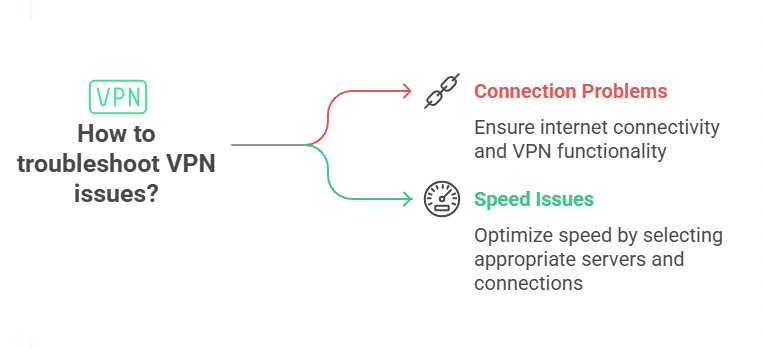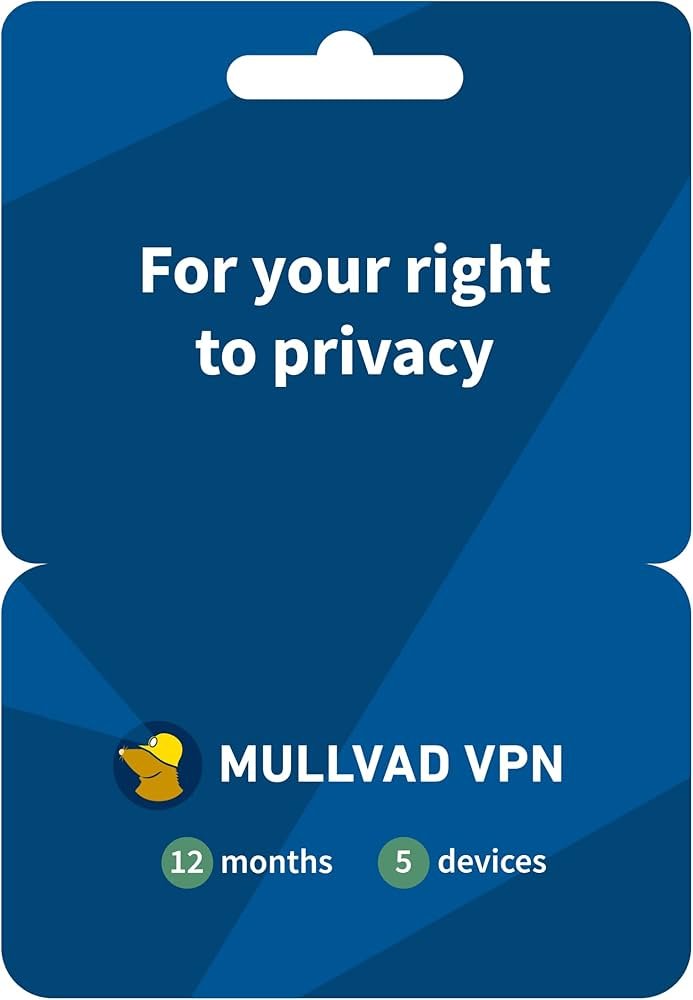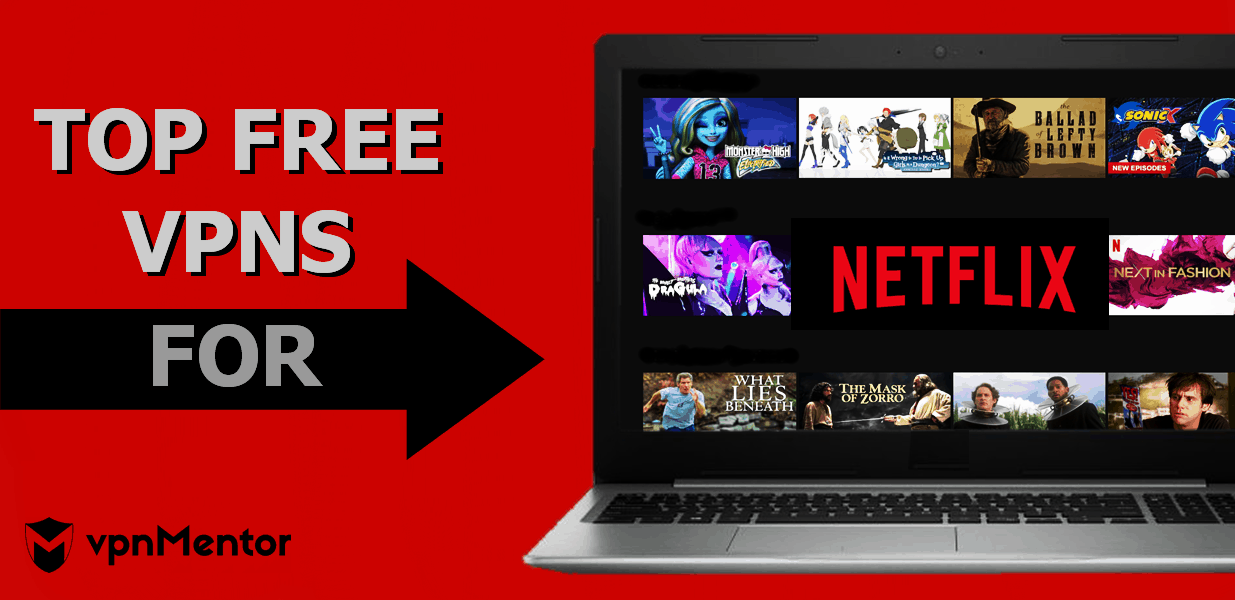VPNs are essential for online privacy. They protect your data and mask your location.
Using a VPN can seem complicated, but it doesn’t have to be. Many VPN services are designed with user-friendly interfaces. These easy-to-use VPNs make securing your online activities simple, even for beginners. No need for technical skills. Just a few clicks, and your internet connection is safe.
Whether you want to access restricted content or browse anonymously, an easy-to-use VPN can help. In this blog post, we’ll explore the best options available. These VPNs offer strong security features and are perfect for non-tech-savvy users. Let’s dive in and find the right VPN for you.
Benefits of Vpn
Using a VPN can provide numerous benefits for everyday internet users. VPNs offer a range of advantages that enhance your online experience. Let’s explore some of these benefits.
Enhanced Security
A VPN encrypts your internet connection. This means your data is safe from hackers. It is especially useful on public Wi-Fi networks. No one can intercept your sensitive information. It keeps your passwords and personal details secure. You can browse the internet without fear.
Privacy Protection
VPNs mask your IP address. This ensures your online activities remain private. Websites cannot track your browsing habits. Your internet service provider cannot monitor your activity. It protects your privacy at all times. You can enjoy true anonymity online.
Choosing the Right Vpn
Choosing the right VPN is crucial for ensuring a secure and private internet experience. But with so many options available, how do you know which one to pick? In this section, we’ll break down some essential factors to consider and highlight a few top VPN providers to make your decision easier.
Factors to Consider
When selecting a VPN, there are several key factors to take into account:
- Security Features: Look for strong encryption, a no-logs policy, and additional features like a kill switch.
- Speed: A VPN should not significantly slow down your internet connection. Check for fast and reliable servers.
- Ease of Use: The VPN should have an intuitive interface and easy-to-follow setup instructions. You don’t want to feel like you need a computer science degree to get started!
- Customer Support: Reliable customer support can be a lifesaver. Look for providers offering 24/7 support through various channels.
- Price: Consider your budget. While free VPNs are available, paid options often provide better features and security.
Top Vpn Providers
Here are some of the top VPN providers that meet the criteria mentioned above:
- ExpressVPN: Known for its speed and robust security features. It’s user-friendly and offers excellent customer support.
- NordVPN: Offers a vast network of servers, top-notch security, and is easy to use, even for beginners.
- CyberGhost: Ideal for streaming and torrenting, with user-friendly apps and good customer service.
- Surfshark: A budget-friendly option that doesn’t compromise on features or performance. Great for families as it allows unlimited device connections.
- Private Internet Access (PIA): Reliable with strong security protocols, and it’s straightforward to use.
Choosing the right VPN doesn’t have to be a daunting task. By considering these factors and exploring top providers, you’ll be on your way to a safer and more private online experience. And remember, a good VPN is like a seatbelt for your internet journey – you might not think about it all the time, but you’re always glad it’s there when you need it.
Setting Up a Vpn
Setting up a VPN might seem like a daunting task if you’ve never done it before. But trust me, with a little guidance, you’ll have it up and running in no time. This section will walk you through the installation steps and offer some handy configuration tips. Let’s dive in!
Installation Steps
First things first, you need to install the VPN software. Here’s a simple guide to get you started:
- Choose Your VPN Provider: There are many VPN providers out there. Pick one that suits your needs and budget.
- Download the App: Once you’ve picked a provider, go to their website and download the VPN app. It’s usually available for Windows, Mac, Android, and iOS.
- Install the Software: Open the downloaded file and follow the on-screen instructions. It’s just like installing any other app!
- Log In: After installation, open the app and log in using your account details. If you don’t have an account, you’ll need to create one.
See? It’s not rocket science! Just follow these steps, and you’ll be set up in no time.
Configuration Tips
Now that you have the VPN installed, it’s time to configure it. Don’t worry, this part is just as easy:
- Select a Server: Most VPN apps will let you choose from a list of servers. Pick one based on your needs. If you want to access content from a specific country, choose a server in that country.
- Enable Auto-Connect: To make your life easier, enable the auto-connect feature. This way, your VPN will automatically connect whenever you go online.
- Set Up Kill Switch: This is a crucial feature for security. If the VPN connection drops, the kill switch will cut off your internet access to protect your data.
- Test Your Connection: Finally, always test your VPN connection to make sure it’s working properly. You can do this by visiting a website that shows your IP address and checking if it matches the VPN server location.
And there you have it! With these tips, your VPN should be configured perfectly, giving you peace of mind and secure browsing. Happy surfing!

Credit: www.zdnet.com
User-friendly Vpn Features
Choosing a VPN should not be stressful. An easy-to-use VPN makes online privacy simple. You don’t need to be a tech expert to use it. Here are some features that make a VPN user-friendly.
Intuitive Interfaces
An intuitive interface is essential. It makes navigation easy. Users can find what they need quickly. Icons and buttons are clear and simple. Even beginners can understand them. The layout is clean and clutter-free. This ensures a smooth user experience.
One-click Connection
One-click connection is a great feature. It saves time and effort. With one click, you are connected. No need for complicated settings. The VPN does the work for you. This feature is perfect for those in a hurry. It makes online security effortless.
Vpn for Different Devices
Using a VPN has become essential for maintaining online privacy. It’s important to know how to set up a VPN on different devices. Whether you are using a smartphone or a computer, the process is straightforward. This guide will help you understand how to use a VPN on various devices.
Vpn On Smartphones
Smartphones are an integral part of our lives. Using a VPN on your smartphone enhances your security. Many VPN services offer easy-to-use apps for both Android and iOS devices. Download the app from the respective app store. Open the app and sign in with your account details. Select the server location you prefer and connect. Your internet connection is now secure. You can browse safely on public Wi-Fi networks.
Vpn On Computers
Computers are commonly used for both work and personal tasks. Setting up a VPN on your computer is simple. Most VPN services provide software for Windows and Mac. Download and install the software from the VPN provider’s website. Launch the application and log in with your credentials. Choose a server location and click to connect. Your computer’s internet traffic is now encrypted. You can work or browse with peace of mind.
Troubleshooting Common Issues

Even the most easy-to-use VPN can sometimes present challenges. Troubleshooting common issues is an essential skill for users to ensure a smooth experience. Below, we dive into resolving some of the most frequent problems users encounter with their VPNs.
Connection Problems
Is your VPN not connecting? Don’t throw in the towel just yet. Here are some simple steps to get you back online:
- Check your internet connection: Make sure your device is connected to the internet. Sometimes, the problem isn’t the VPN but the internet connection itself.
- Restart the VPN: Turn off your VPN and then turn it back on. It’s a classic fix that often works wonders.
- Update the app: Ensure you are using the latest version of the VPN software. Outdated versions can cause connectivity issues.
- Change servers: If one server isn’t working, try connecting to a different one. Some servers might be down or overloaded.
- Disable firewall/antivirus temporarily: Sometimes, these security programs can interfere with your VPN. Turn them off briefly to see if the VPN connects.
Speed Issues
Feeling like a snail on the web? Speed issues can be frustrating, but there are ways to boost your VPN performance:
- Select a closer server: The closer the server, the faster the connection. Choose a server in a nearby country or city.
- Use wired connection: If possible, connect your device directly to the router with an Ethernet cable. This often provides a more stable and faster connection than Wi-Fi.
- Check background apps: Close any unnecessary applications or programs that might be using up bandwidth.
- Choose a different protocol: VPNs often come with various protocol options. Experiment with different ones to see which gives you the best speed.
- Contact support: If all else fails, reach out to the VPN’s customer service. They can provide specific guidance and troubleshooting tips.
So, there you have it! Troubleshooting common VPN issues doesn’t have to be a headache. With these simple tips, you’ll be surfing smoothly in no time.
Maximizing Vpn Performance
Maximizing VPN performance can make your online experience smoother and faster. You can enjoy secure browsing without any lag. Here, we will discuss how to get the best out of your VPN.
Optimizing Settings
Adjusting your VPN settings can boost performance. Choose a server close to your location. This reduces latency and speeds up your connection. Select a VPN protocol that balances speed and security. OpenVPN is a popular choice. Reduce encryption level if speed is more important than security.
Best Practices
Keep your VPN software updated. Updates often include performance improvements. Restart your device regularly. This clears out temporary files that might slow down your connection. Limit the number of devices connected to the VPN. Too many connections can reduce speed.
Use a wired connection instead of Wi-Fi. Wired connections are usually faster and more stable. Disable background apps that use the internet. They can consume bandwidth and slow down your VPN.
Frequently Asked Questions
What Is the Simplest Vpn to Use?
ExpressVPN is the simplest VPN to use. It offers an intuitive interface, quick setup, and reliable performance.
Is It Easy to Use a Vpn?
Yes, using a VPN is easy. Most VPNs offer user-friendly apps and simple setup instructions. Just download, install, and connect.
Is There A Free Vpn That Actually Works?
Yes, some free VPNs work well. Windscribe, ProtonVPN, and TunnelBear are reliable options with limited data.
How to Use Vpn Easily?
Download a reputable VPN app. Install it on your device. Open the app, select a server location. Click “Connect” to start.
Conclusion
Finding an easy-to-use VPN can enhance your online experience. It offers security and privacy without hassle. Simple interfaces make setup quick and stress-free. Protect your data and browse safely. Choose a VPN that suits your needs. Enjoy peace of mind knowing your information is safe.
Stay connected and secure with minimal effort. Happy browsing!





